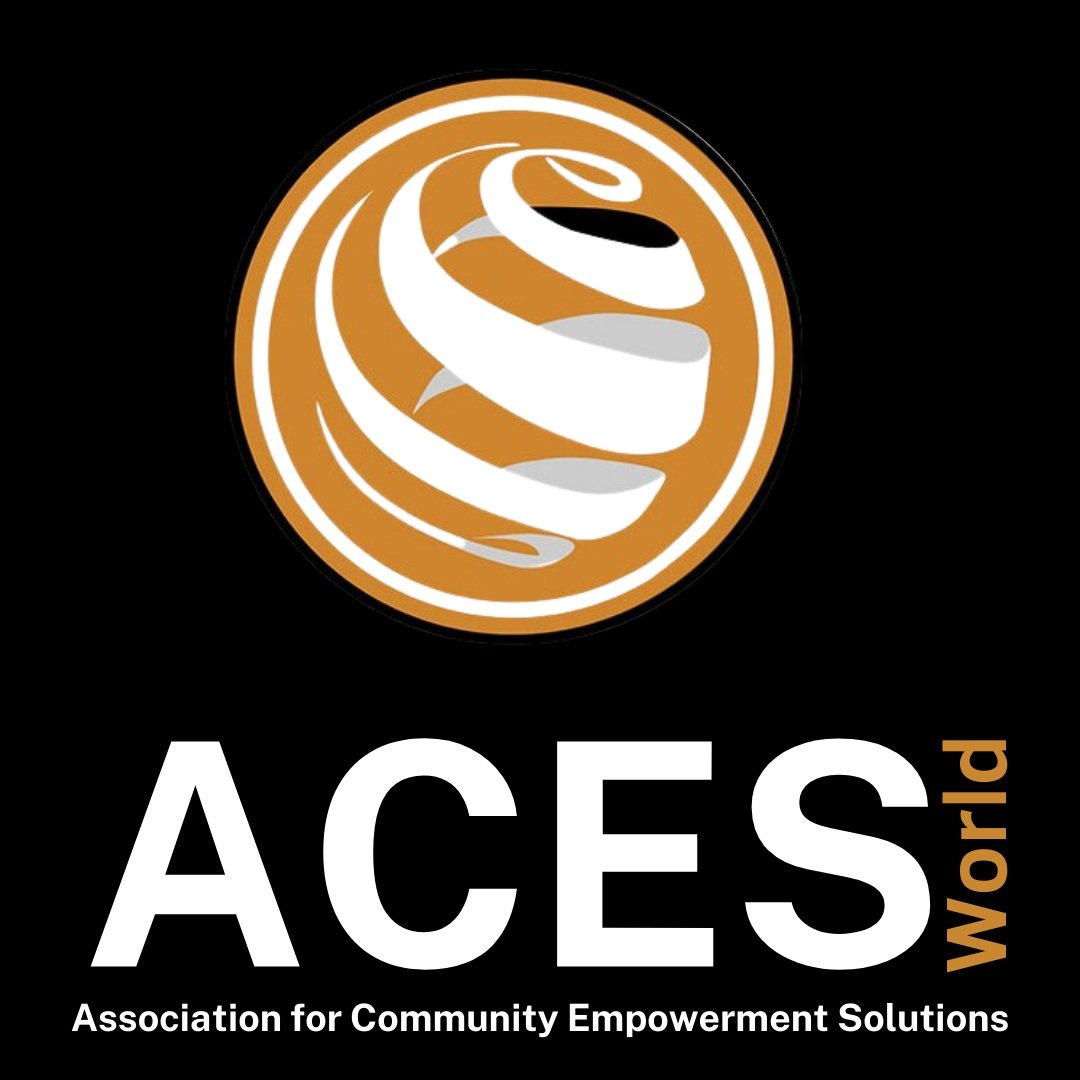Seeds4Seeds: Combating Food Insecurity
Food insecurity and malnutrition are prevalent issues that negatively impact families; this has resulted in three million deaths annually in children across the world (Malnutrition in Children, 2018). A child needs a diverse diet to grow healthy and strong. Children who lack nourishment may not be able to fully grow and develop thus putting them at risk for health issues (e.g., frequent illness, stunted growth, anemia, low weight for height, low birthweight) (Fast Facts About Malnutrition, 2017). The risk of food insecurity and malnutrition will continue to persist due to the ever-present threat of climate change. Changes in climate have already negatively impacted communities that rely on subsistence farming throughout Eastern Africa thus increasing their risk of food insecurity and malnutrition (Climate Impacts on Food Security, n.d.).
ACESWorld is taking the necessary steps to combat these issues through its program, Seeds4Seeds. This program is being implemented in Uganda, a country in Eastern Africa. Results from the Multidimensional Poverty Assessment helped to determine which families would be selected to participate in the pilot program. During the last planting season, the ten participating families from rural villages in western Uganda received fertilizer and seeds to grow corn and beans. A sustainable agriculture workshop was held to equip the families with the knowledge and skills they need to help their crops grow. The climate conditions in Uganda, allowed the families to grow sixteen acres of corn. The increase in crop yields have improved food security for their families and has allowed them to pay school fees and buy school uniforms for their children.
During the current planting season, ten new families are receiving seeds. Additionally, select women will receive seeds to plant beans and rice. Beans could be pivotal for these communities as they are an inexpensive source of protein, fiber, and vitamins and minerals that can be harvested after only two months (Why Farmers Should Be Interested in Beans, 2017). The women participating in this program will also receive training in sustainable agriculture to help guide them through the phases of sowing, growing, and harvesting.
Since this program was initially implemented last growing season, fifty farmers with land have attended the agronomy workshops, and a total of twenty-four farmers have received either rice, maize, or beans seeds.
References
Admin. (n.d.). East African countries flock to Uganda for corn. Retrieved from http://www.millermagazine.com/english/east-african-countries-flock-to-uganda-for-corn/
Climate Impacts on Food Security. (n.d.). Retrieved from https://www.wfp.org/climate-change/climate-impacts
Country Briefs. (2018, November 7). Retrieved from http://www.fao.org/giews/countrybrief/country.jsp?code=UGA
Deutsche Welle. (2017, October 20). Uganda: Is it still Africa's bread-basket? | DW | 20.10.2017. Retrieved from https://www.dw.com/en/uganda-is-it-still-africas-bread-basket/a-40919626
East Africa. (n.d.). Retrieved from https://ccafs.cgiar.org/regions/east-africa
Fao.org. (2018). SOFI 2018 - The State of Food Security and Nutrition in the World. Retrieved from http://www.fao.org/state-of-food-security-nutrition/en/
Fast Facts About Malnutrition. (2017, July 31). Retrieved from https://www.gainhealth.org/knowledge-centre/fast-facts-malnutrition/
Malnutrition in Children. (2018, May). Retrieved from https://data.unicef.org/topic/nutrition/malnutrition/
Uganda. (n.d.). Retrieved from https://www1.wfp.org/countries/uganda
Why farmers should be interested in beans. (2017, June 10). Retrieved from https://www.monitor.co.ug/Magazines/Farming/farmers---beans-Nambale-edible-seeds/689860-3962506-jky4usz/index.html

